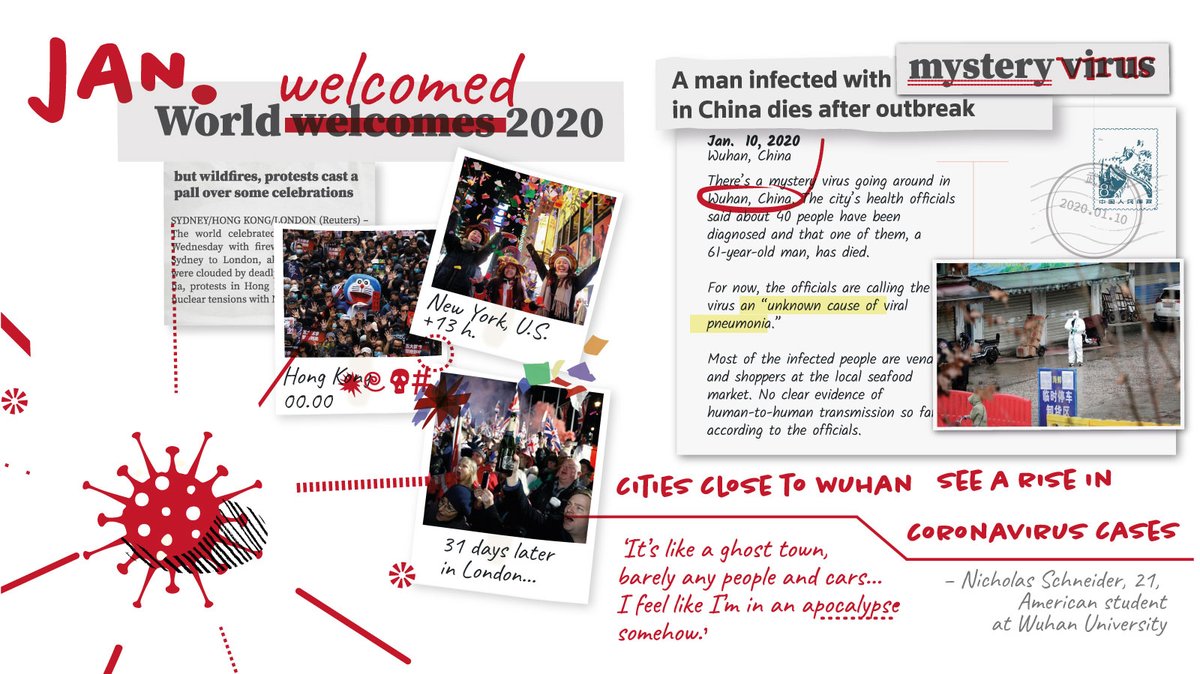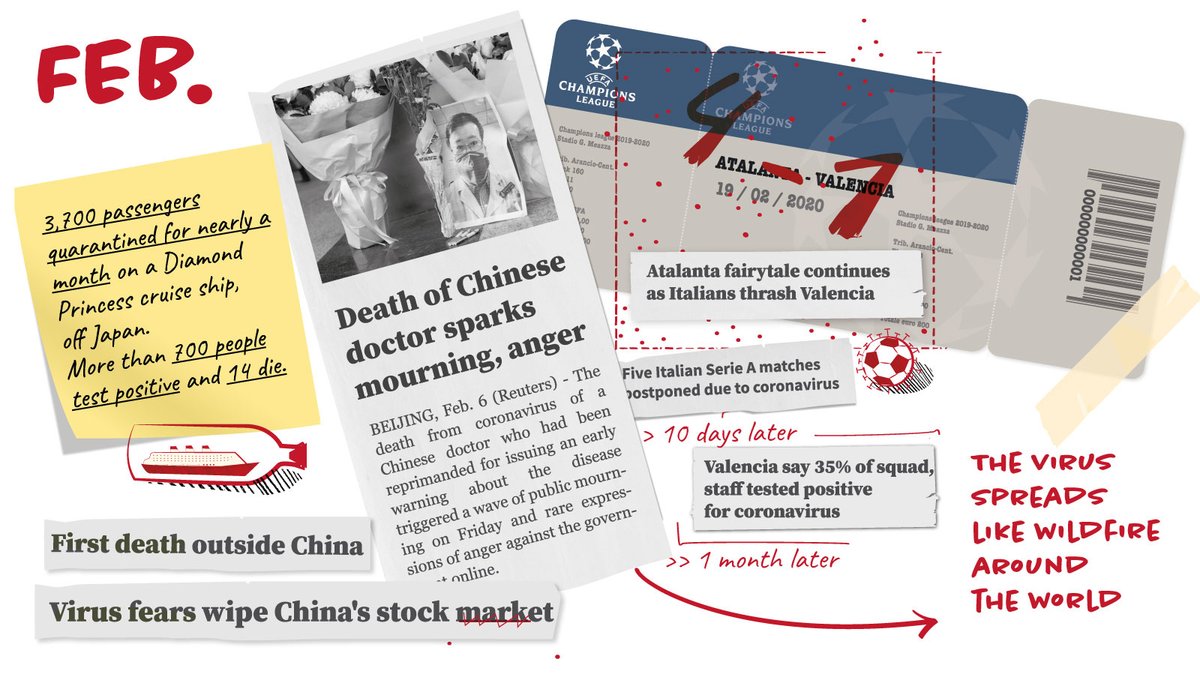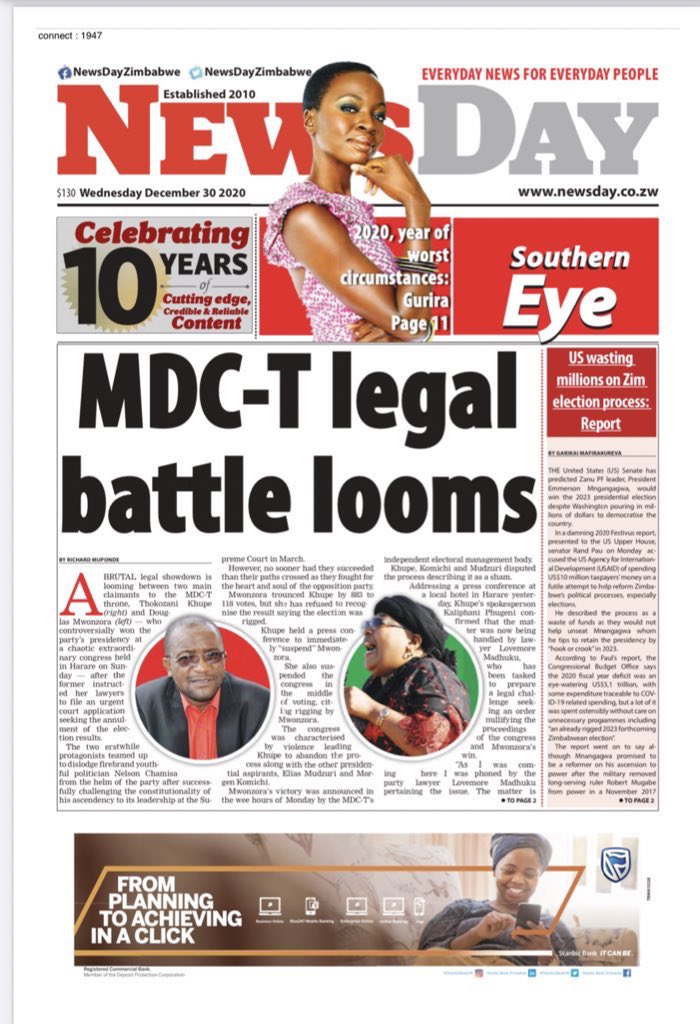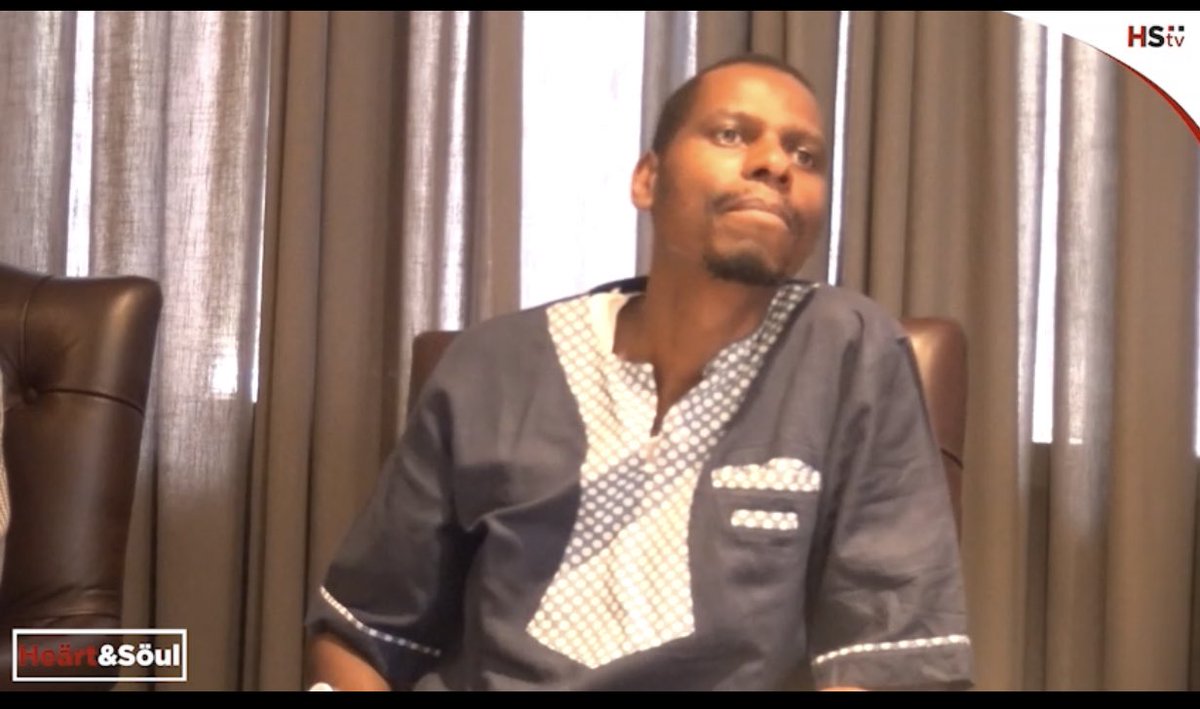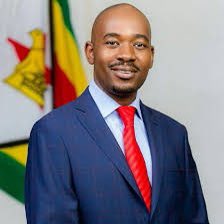Categories News
7 days
30 days
All time
Recent
Popular
You want to know about Barockschloss Ludwigsburg? Too bad, I'm going to tell you some stuff about it, as it's my 'local'...
It all came about because Eberhard Ludwig, Duke of Württe.berg, decided in 1704 that he wanted a big old palace from which to be an absolutist Duke, and do absolutist things. So, picking an old hunting lodge, he started to extend it...

Thing is, though, to build a residential palace, you need a workforce. To gain a workforce, they needed somewhere to live. So, alongside the palace, he founded the town of Ludwigsburg, now adjacent to Stuttgart.

Ludwig resided at Ludwigsburg until 1733, when, childless, he kicked the bucket. Then Carl-Eugen, a relative, became Duke, and that's when things became lit.

See Carl Eugen had been raised in the court of Frederick the Great, and had been deprived of fun and female company - they were banned from the Prussian court.
So, he was essentially a big fat party animal from the get-go.

Ludwigsburg Residential Palace is often nicknamed the \u2018Versailles of Swabia\u2019! Take with our #DailyDrone a bird\u2019s-eye view of one of the largest Baroque palaces in Germany. pic.twitter.com/9nn8oY34HG
— DW Culture (@dw_culture) December 21, 2020
It all came about because Eberhard Ludwig, Duke of Württe.berg, decided in 1704 that he wanted a big old palace from which to be an absolutist Duke, and do absolutist things. So, picking an old hunting lodge, he started to extend it...

Thing is, though, to build a residential palace, you need a workforce. To gain a workforce, they needed somewhere to live. So, alongside the palace, he founded the town of Ludwigsburg, now adjacent to Stuttgart.

Ludwig resided at Ludwigsburg until 1733, when, childless, he kicked the bucket. Then Carl-Eugen, a relative, became Duke, and that's when things became lit.

See Carl Eugen had been raised in the court of Frederick the Great, and had been deprived of fun and female company - they were banned from the Prussian court.
So, he was essentially a big fat party animal from the get-go.

I'm hesitating to read or listen to this for fear it oversimplifies. I worked for about a year @NYPDnews on this. We learned a LOT. Most of the $320 million I estimate was lost by New Yorkers on Cyber-enabled scams in 2019 began with voice calls to set the hook...

Looking through our empirical data, we see that scam calls dominate the world of Cyber-enabled (which doesn't include ransomware or network intrusion/takeover, but does include crime that leverages a digital channel for some aspect of the attack).

We found that NYPD officers, when empowered to combat this kind of crime with training and tools, were champing at the bit to get out there and fight it. They all know the scams are out there - many told us of family members who'd fallen victim - but they felt powerless to act...
I personally blame the Feds, who over the past two decades have worked hard to make all "Cybercrime" seem (a) mysterious and sophisticated to the extent that (b) only the Feds could combat it, through tools like the IC3 survey. That tool is actually quite ineffective.
As I said at RSA2020, for Cyber-enabled scams, IC3's survey is the place where good leads go to die. For example, in 2018 around zero point three three percent of cases reported to it were ultimately investigated by a task force. They're just snowed under. https://t.co/IxjM6t0cfm


Looking through our empirical data, we see that scam calls dominate the world of Cyber-enabled (which doesn't include ransomware or network intrusion/takeover, but does include crime that leverages a digital channel for some aspect of the attack).

We found that NYPD officers, when empowered to combat this kind of crime with training and tools, were champing at the bit to get out there and fight it. They all know the scams are out there - many told us of family members who'd fallen victim - but they felt powerless to act...
I personally blame the Feds, who over the past two decades have worked hard to make all "Cybercrime" seem (a) mysterious and sophisticated to the extent that (b) only the Feds could combat it, through tools like the IC3 survey. That tool is actually quite ineffective.
As I said at RSA2020, for Cyber-enabled scams, IC3's survey is the place where good leads go to die. For example, in 2018 around zero point three three percent of cases reported to it were ultimately investigated by a task force. They're just snowed under. https://t.co/IxjM6t0cfm

SkyNews reporting "a major leak containing a register w/the personal identifying details of 1.95 mil Communist Party members [in #China], mostly from Shanghai, there are also the details of 79,000 Communist Party branches, many of them inside companies”.
What appears to be so newsworthy about this particular leaked list is the presence of CCP branches in not only foreign-invested firms in #China, but also in firms entirely located overseas.
This is by no means new-- I wrote several years ago about #China's massive Party-building drive to construct new CCP branches in Shanghai's NGOs in @chinaquarterly (The Advance of the Party: Transformation or Takeover of Urban Grassroots Society?* https://t.co/I1XKmkPKty )...
As well as the CCP's attempts to "comprehensively cover" 全覆盖 Shanghai's private sector in "The New Life of the Party: Party-Building & Social Engineering in Greater Shanghai" in the #China Journal, but what's apparently of concern in the leaked list..
...is the number of new Communist Party branches & committees now in Chinese-invested companies abroad. This is unsurprisingly going on on a massive scale in countries housing #China's Belt and Road projects as part of the CCP's "going out" 走出去efforts...#OBOR #BRI #一带一路
What appears to be so newsworthy about this particular leaked list is the presence of CCP branches in not only foreign-invested firms in #China, but also in firms entirely located overseas.
This is by no means new-- I wrote several years ago about #China's massive Party-building drive to construct new CCP branches in Shanghai's NGOs in @chinaquarterly (The Advance of the Party: Transformation or Takeover of Urban Grassroots Society?* https://t.co/I1XKmkPKty )...
As well as the CCP's attempts to "comprehensively cover" 全覆盖 Shanghai's private sector in "The New Life of the Party: Party-Building & Social Engineering in Greater Shanghai" in the #China Journal, but what's apparently of concern in the leaked list..
...is the number of new Communist Party branches & committees now in Chinese-invested companies abroad. This is unsurprisingly going on on a massive scale in countries housing #China's Belt and Road projects as part of the CCP's "going out" 走出去efforts...#OBOR #BRI #一带一路
1/1 On @seanhannity last night (at 5:56 of this clip), @SenTedCruz said that the Hayes-Tilden Commission was "charged with reviewing the evidence and making a determination about the disputed ballots." That's incorrect. The Commission was tasked with determining which rival ...
2/2 ... group of electors was appointed by the authority within state government entitled to make that appointment at the time the electors cast their votes on the constitutionally required day. Justice Joseph Bradley, who was held the intentionally tiebreaking seat on the ...
3/3 ... 15-member Commission, explained his decision in favor of Hayes by saying that it was NOT the Commission's authority (NOR Congress's, from which the Commission derived its subsidiary power) to determine whether the state properly counted its popular vote. Instead, ...
4/4 ...it was the Commission's job to figure out which of the competing claims was correct concerning who had authority under state law to make the determination upon which the appointment of electors would be based. For Florida, Bradley ruled that the state's canvassing board...
5/5... had this authority at the time the electors voted & thus Congress was obligated to accept the votes cast by the electors that the canvassing board had appointed, and this was true even if the canvassing board's appointment was based on a mistake or even fraud affecting ...
Tomorrow is an important day. We have an obligation to protect the integrity of the election & our democratic system. That\u2019s why 10 of my colleagues & I are calling for an Electoral Commission to conduct an emergency 10-day audit to examine voter fraud allegations. pic.twitter.com/fExTpxlmKl
— Senator Ted Cruz (@SenTedCruz) January 6, 2021
2/2 ... group of electors was appointed by the authority within state government entitled to make that appointment at the time the electors cast their votes on the constitutionally required day. Justice Joseph Bradley, who was held the intentionally tiebreaking seat on the ...
3/3 ... 15-member Commission, explained his decision in favor of Hayes by saying that it was NOT the Commission's authority (NOR Congress's, from which the Commission derived its subsidiary power) to determine whether the state properly counted its popular vote. Instead, ...
4/4 ...it was the Commission's job to figure out which of the competing claims was correct concerning who had authority under state law to make the determination upon which the appointment of electors would be based. For Florida, Bradley ruled that the state's canvassing board...
5/5... had this authority at the time the electors voted & thus Congress was obligated to accept the votes cast by the electors that the canvassing board had appointed, and this was true even if the canvassing board's appointment was based on a mistake or even fraud affecting ...







